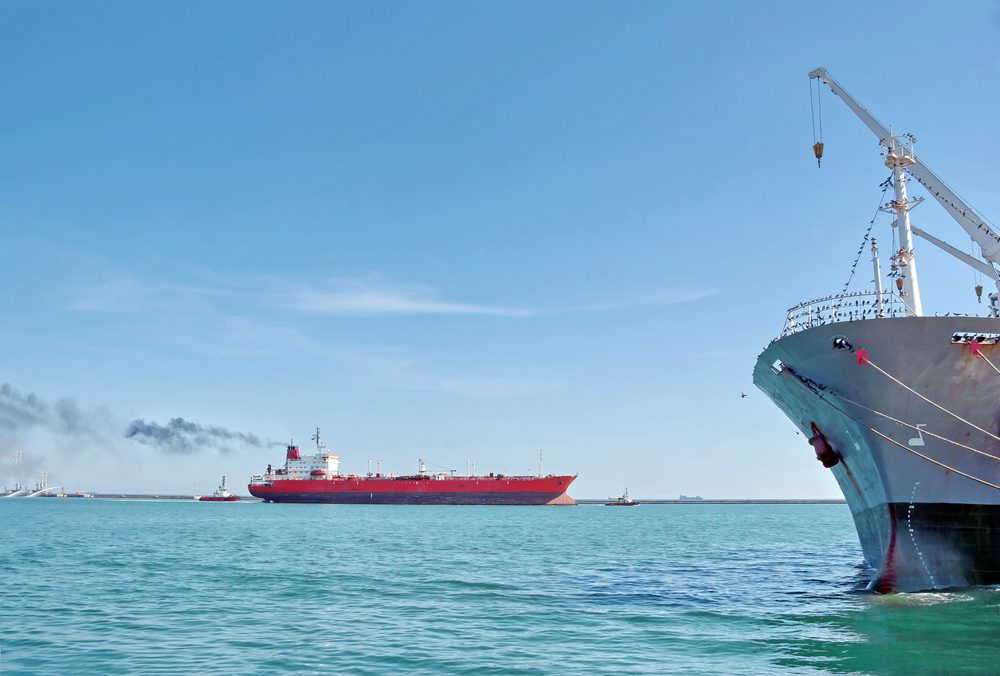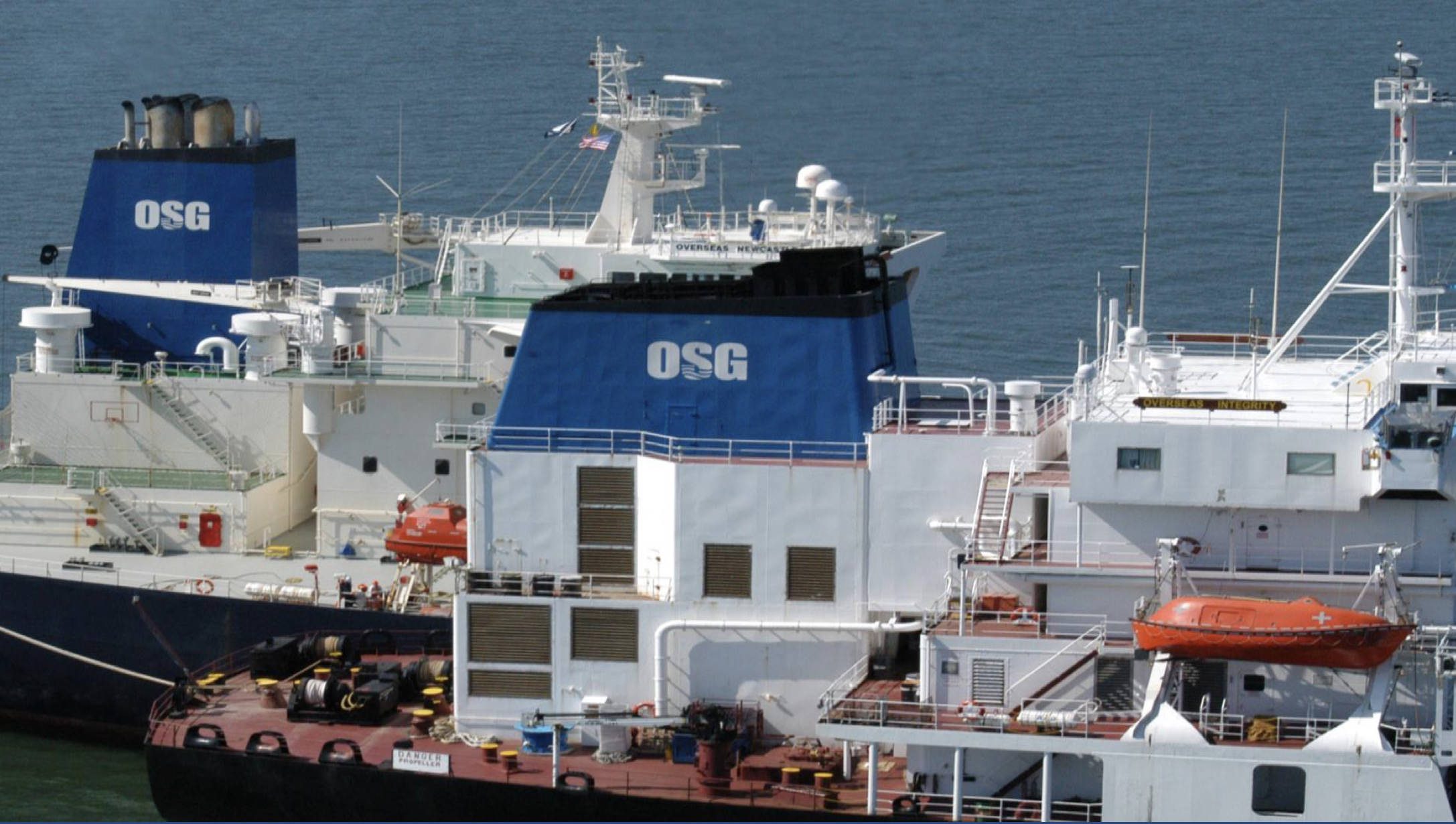Photo: Shutterstock/CNRN
By Gavin van Marle (The Loadstar) – Seafarer representatives are increasingly worried that the forthcoming IMO 2020 low-sulphur regulations could result in a spate of criminal convictions.
Seafarer union Nautilus International said a recent case involving a P&O Cruises vessel in the North Europe special emission control area (SEVA), which extends from the Channel to the Baltic Sea, set a worrying precedent, following which seafarers could find themselves with a criminal conviction if they fail to correctly manage the switchover to low-sulphur fuel for the beginning of next year.
In the case last year, the first of its kind, France fined the master of P&O’s Azura €100,000 ($110,300) for using fuel that was 0.18% over the sulphur content limit, “setting a precedent for criminalising masters for the quality of fuel on their vessels”.
Nautilus explained that its members were “increasingly alarmed by the prospect of being scapegoated for problems through no fault of their own, linked to the 0.5% cap on the sulphur content of fuel”.
Penalties for non-compliance with the new 0.5% limit vary around the world, but some countries will look to impose “big fines or lengthy jail sentences, as well as ship detentions”, he said.
The union added that there were additional concerns about the technicalities of the 1 January switchover, including “incidents of power loss when changing fuels, lubrication issues, filter problems and leaks”, and greater support was needed from shipping companies to prepare their employees for the new regulatory regime.
Nautilus professional and technical officer David Appleton said: “While we firmly support the moves to improve the shipping industry’s environmental performance, it’s clear that IMO 2020 is imposing a massive new burden on seafarers, both in terms of workload and in their exposure to potentially huge fines and criminal convictions.
“It’s essential that shipping companies do all they can to provide their masters, officers and crews with the training and resources required to ensure compliance with the new rules.
“These are complex requirements, with complex and varied enforcement mechanisms, and our members need to be protected against the threat of legal proceedings arising from inadvertent infringement of the rules,” he added.
The Loadstar is fast becoming known at the highest levels of logistics and supply chain management as one of the best sources of influential analysis and commentary.
Check them out at TheLoadstar.co.uk, or find them on Facebook and Twitter.
Unlock Exclusive Insights Today!
Join the gCaptain Club for curated content, insider opinions, and vibrant community discussions.

 Join The Club
Join The Club







![A screengrab of a map showing an earthquake Mindanao, Philippines on Dec 2, 2023. (Image: US Geological Survey [USGS])](https://gcaptain.com/wp-content/uploads/2023/12/Screenshot-2023-12-02-at-10.45.17-AM-copy.png.webp)





